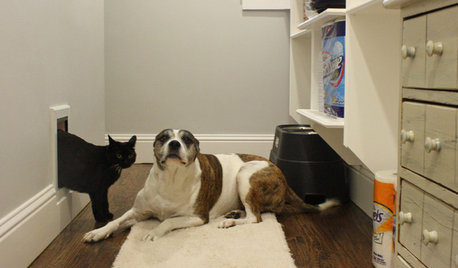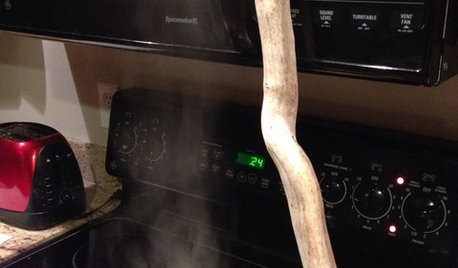Will Home Depot Cypress Mulch Hurt My Veggies?
tomacco
15 years ago
Featured Answer
Comments (25)
digdirt2
15 years agotomacco
15 years agoRelated Professionals
Simpsonville Landscape Architects & Landscape Designers · Bridgetown Landscape Architects & Landscape Designers · Salem Landscape Architects & Landscape Designers · Amesbury Landscape Contractors · Brandon Landscape Contractors · Firestone Landscape Contractors · Lakewood Landscape Contractors · Mastic Beach Landscape Contractors · Southbury Landscape Contractors · Washington Landscape Contractors · West Orange Landscape Contractors · Clearfield Landscape Contractors · Dearborn Driveway Installation & Maintenance · Springfield Driveway Installation & Maintenance · Parker Driveway Installation & Maintenancetomacco
15 years agodigdirt2
15 years agotomacco
15 years agochristie_sw_mo
15 years agowayne_5 zone 6a Central Indiana
15 years agotomacco
15 years agogranite
15 years agobillinpa
15 years agotomacco
15 years agoajax_wv_zone6b
15 years agotomacco
15 years agopromethean_spark
15 years agodigdirt2
15 years agotomacco
15 years agocatman529
14 years agonhardy
14 years agoglib
14 years agoarugula
12 years agoRaci570
11 years agobutchfomby
11 years agoryseryse_2004
11 years agokathywigley
5 years ago
Related Stories

GARDENING GUIDESHow to Pick a Mulch — and Why Your Soil Wants It
There's more to topdressing than shredded wood. Learn about mulch types, costs and design considerations here
Full Story
GARDENING GUIDESCommon Myths That May Be Hurting Your Garden
Discover the truth about fertilizer, soil, staking and more to keep your plants healthy and happy
Full Story
EDIBLE GARDENSHow to Grow Your Own Sweet Summer Crops
This guide will help any gardener get started on growing the freshest warm-season veggies and berries for summer
Full Story
HOUZZ TOURSMy Houzz: 1950s Rebound for a Cliff May House
Loving restoration brings a midcentury gem back to life and its owners to the kind of life they love
Full Story
LIFEHow to Outsmart Backyard Critters
Learn to think like a raccoon, skunk or squirrel to keep your home safe and your garden intact
Full Story
PETSPet-Proofing Your Home: A Room-by-Room Guide
Not all pet dangers are obvious. Keep furry friends safe and sound by handling all of these potential hazards
Full Story
MONTHLY HOME CHECKLISTSYour Fall Home Maintenance Checklist
Prep your house and yard for cold weather with this list of things to do in an hour or over a weekend
Full Story
HEALTHY HOME16 Ideas for a Healthy, Feel-Good Home
Making these small tweaks and bigger shifts at home can help you thrive everywhere you go
Full Story
DECORATING GUIDES7 Tips to Sell Your Home Faster to a Younger Buyer
Draw today's home buyers by appealing to their tastes, with these guidelines from an expert decorator
Full Story
LIFEHouzz Call: Show Us Your Nutty Home Fixes
If you've masterminded a solution — silly or ingenious — to a home issue, we want to know
Full StoryMore Discussions








clumsygrdner